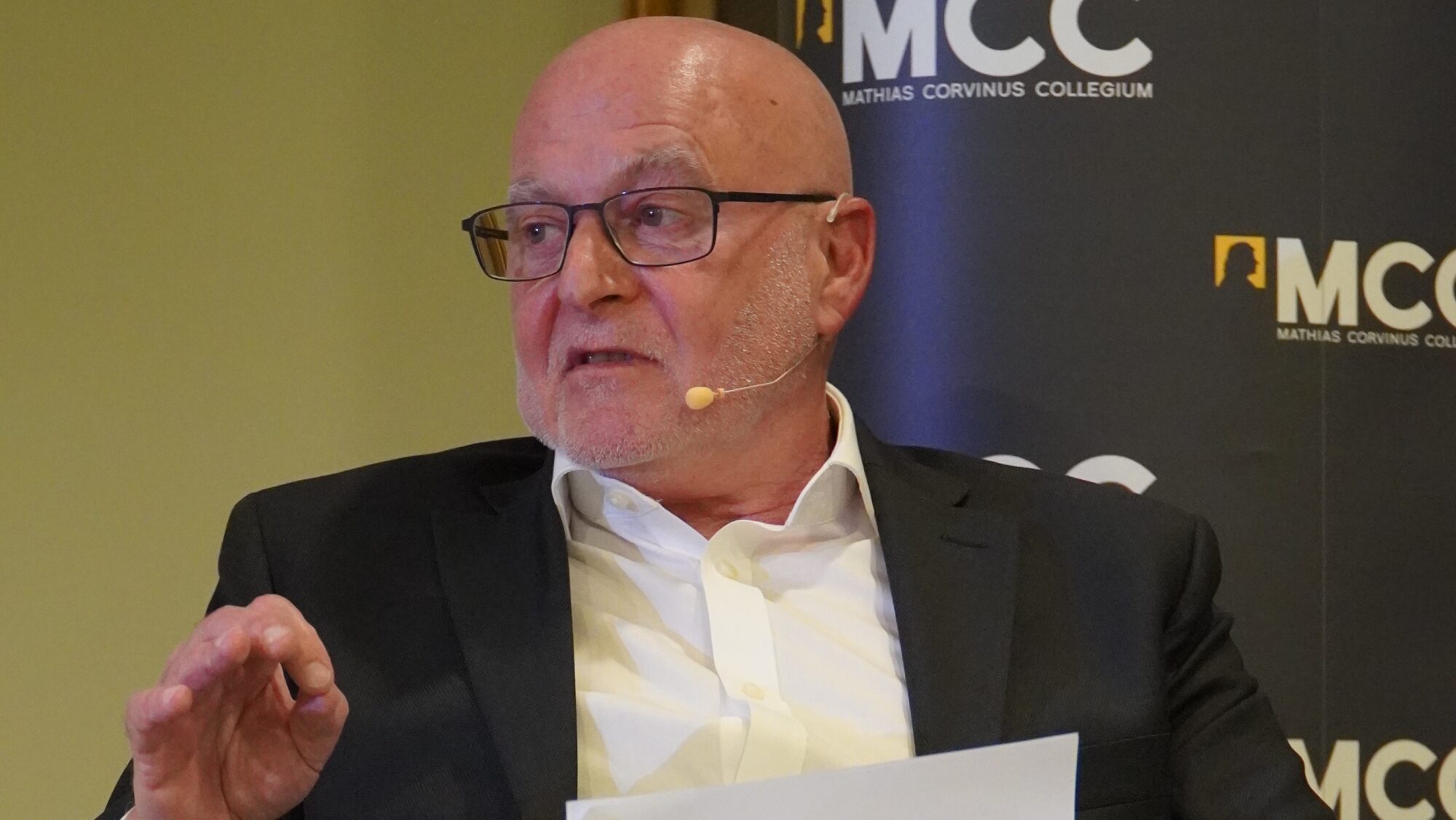
Dr. Norman Lewis
Photo: @MCC_Brussels, 15 May, 2024.
Looming threats to free expression and the deplatforming of dissenting voices came to the fore last month when NatCon Brussels, an annual event gathering conservative thinkers, politicians, academics, and heads of state from across Europe, experienced multiple attempts at cancellation, including a police raid ordered by a local mayor.
“Unfortunately, this is not the first instance where freedom of speech has come under attack in Brussels or Belgium,” said attorney Yohann Rimokh, who is representing NatCon Brussels co-sponsor MCC Brussels in their legal challenge against municipal authorities in the aftermath of the events. It is, however, the first time an administrative decree has been used to halt a conference where a prime minister of a member state was slated to speak, he said.
Even though Belgium has not been a friend to free speech, the attack on NatCon was truly unprecedented.
— MCC Brussels (@MCC_Brussels) May 15, 2024
To attempt to cancel an event at which a head of state was due to speak – this should be unthinkable. pic.twitter.com/1k2LrPTXU7
Rimokh was one of the panellists when think tank MCC Brussels hosted a discussion on the subject and its release of Controlling the Narrative: The EU’s attack on online speech, a report by visiting research fellow Dr. Norman Lewis on Wednesday, May 15th.
Lewis, agreeing with Rimokh, warned that establishment attempts at silencing nonconformist voices at NatCon is far from an isolated event, but part of a pattern. He said further coordinated efforts to that effect are underway, and to expect a raft of onerous new EU edicts to curb innovation and free speech online. The European Commission has already tightened the screws on Facebook and Instagram for not complying with its demands to ‘regulate’ political content in the run-up to June’s European elections.
Lewis said Brussels bureaucrats are “institutionalising laws against hate speech and disinformation” in the quest for political supremacy. Recently implemented legislation, such as the Digital Services Act (DSA), is just the opening salvo of a wider campaign to clamp down on online dissent, Lewis said.
International relations professor Bill Durodié, one of the panellists, referred to EU hate speech regulations as a way to “patronise minorities and protect the elite.”
They claim that speech restrictions protect the powerless and minorities.
— MCC Brussels (@MCC_Brussels) May 15, 2024
But they in fact patronise minorities and protect the elites who do have the power to determine what can and cannot be said.
Bill Durodié, MCC Brussels visiting professor pic.twitter.com/zcriTB3JPi
According to Lewis, censorship in the Western world will “only increase in the future as it becomes automated and automatic,” accelerated by AI technology and what Eurocrats see as a moral stance,—in reality, a thin veneer masking an embryonic “oligarchy.”
In the face of a rising nationalist, anti-globalist Right, Eurocrats have resorted to using the EU’s regulatory strength and common market rules to suffocate the freedom of expression provided by U.S.-based online platforms. In particular, the DSA grants EU regulatory authorities overarching powers to fine enterprises for non-compliance.
The DSA has featured prominently in an online regulatory battle between Brussels and Elon Musk’s X platform, formerly Twitter, with Commissioner Thierry Breton personally throwing down the gauntlet by warning the billionaire CEO to comply with the EU’s hate speech codes or be penalised.
We need to do much more to make real to people the effects of online censorship.
— MCC Brussels (@MCC_Brussels) May 15, 2024
When police close down events – this is obvious. But the attacks online are harder to spot and so more insidious. @janmacvarish from @SpeechUnion pic.twitter.com/plAt5fM0Jx
Lewis also explained how content moderation is becoming an essential tool in the EU’s foreign policy objectives under the guise of ‘fighting disinformation.’ Fear mongering—about Russian or Chinese ability to spread “‘poison that can colonise’ the minds of ordinary Europeans”—is used to justify control of public discourse and limitations to what information is deemed appropriate for the populace to access—and share.
“The irony of defending democracy by curbing free speech seems to elude the Brussels elite,” Lewis says in his report.
The "Hate Speech" narrative is ultimately about attacking the majorities in Belgium, France and Europe.
— MCC Brussels (@MCC_Brussels) May 15, 2024
They want to deprive the majority of the people of their voice, in favour of the elite views which accept no dissent.
Lawyer Yohann Rimokh @Rimokh1 pic.twitter.com/i4wn7GVMze
The MCC Brussels report also warns that additional EU legislation, such as the European Media Freedom Act (EMFA), helps centralise the power to control information in the hands of ideologically motivated technocrats. It concludes that this election cycle will be a prime opportunity to make free speech a Europe-wide issue.
Attempts by national authorities to suppress free speech are expected to be a major problem during June’s EU elections, with the German AfD’s mastery of TikTok earning the attention of censors. Earlier this year, The European Conservative revealed ties between the extreme Left and the EU’s primary regulatory office for content moderation.
MCC Brussels, as a way to coalesce forces for open public discourse, has released a ‘free speech declaration,’ open to sign for all supporters of freedom of expression.
